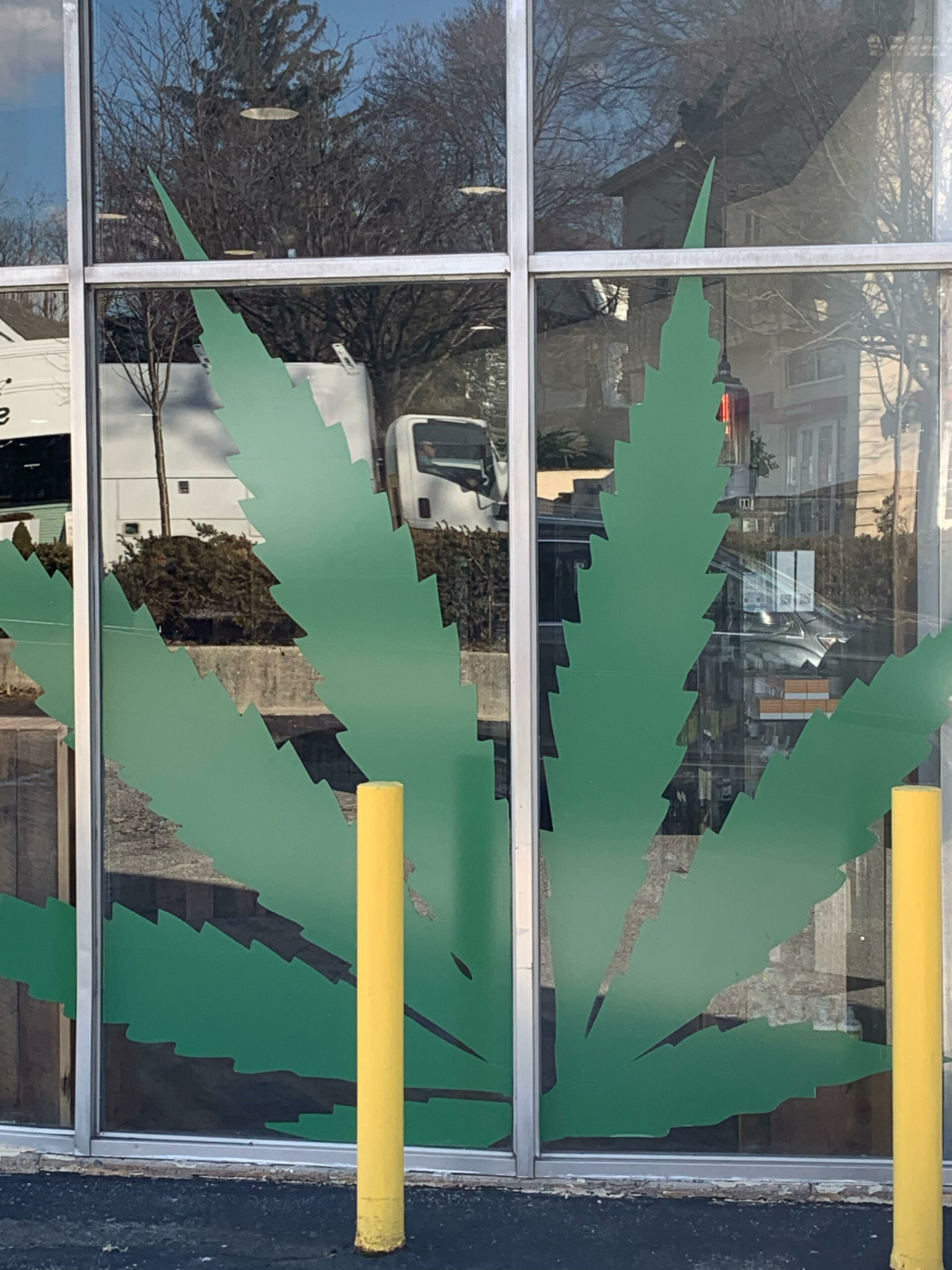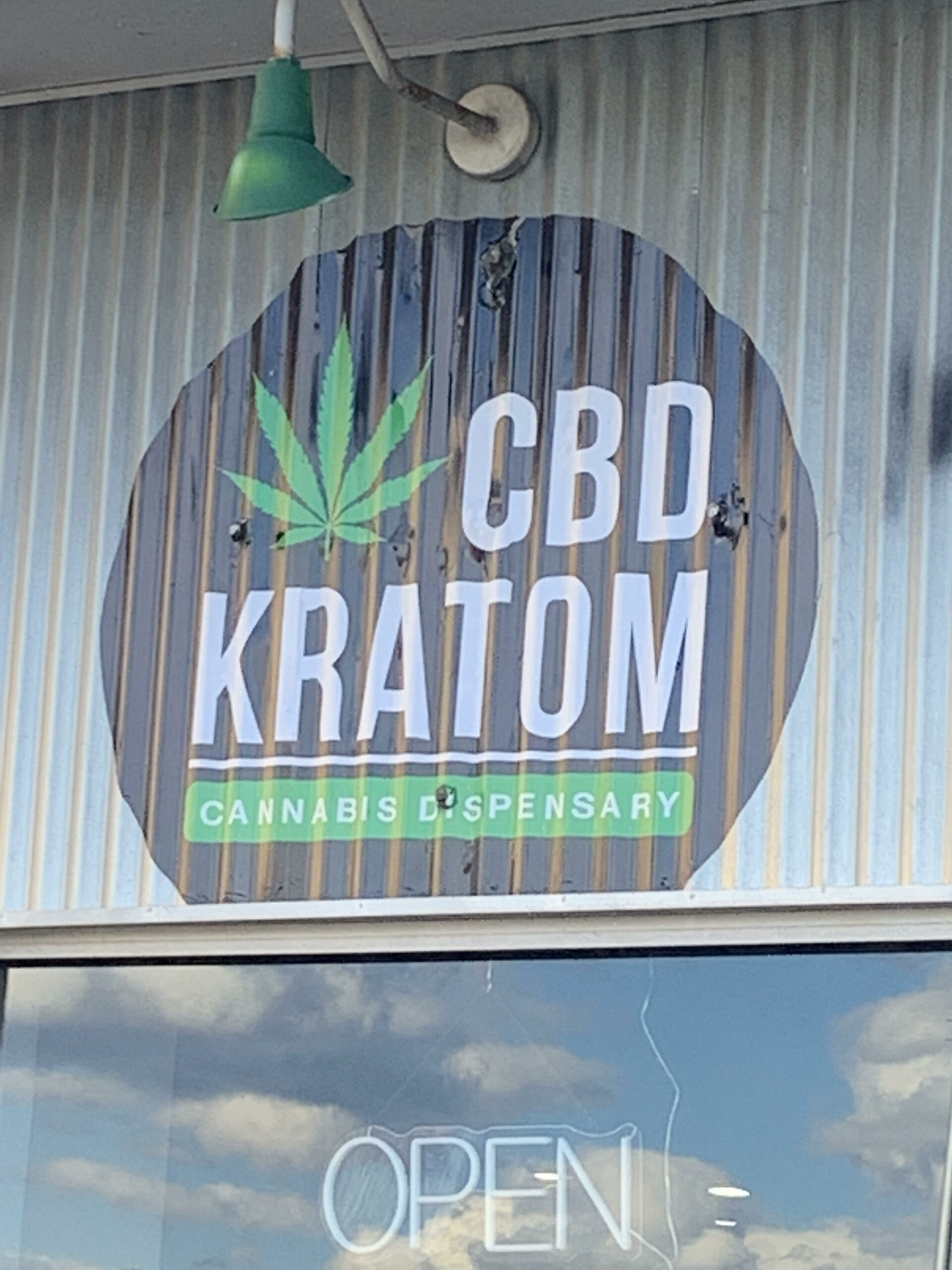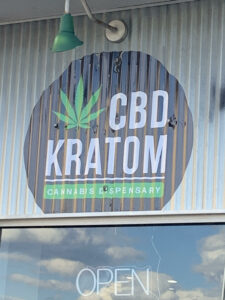DelVal’s Pennycuick Introduces Kratom Consumer Protection Act

Since the 1960s, Americans have consumed a lot of mind-altering substances in an effort to, as Timothy Leary said, “turn on, tune in, drop out.”
The latest mind-altering craze is kratom, a lightly regulated hallucinogenic substance used in the Delaware Valley and elsewhere.
Radnor Township fought a court battle to keep a CBD Kratom shop from opening at a former Starbucks on Lancaster Avenue in the heart of Wayne. Residents loudly objected to the store, located near two schools, which flaunted a giant marijuana leaf on its window. That litigation continues after Radnor won the first round and CBD Kratom appealed.
“We are still engaged in litigation with Radnor Township but are hopeful for an amicable resolution down the road, especially with the changing perception and education regarding kratom and hemp-derived cannabinoids,” a store spokeswoman said.
John Rice, Radnor Township solicitor, said, “The court denied their preliminary injunction request last October, but they are pursuing a final hearing. They are also attempting to open without selling the two restricted products, Kratom and Delta-8.”
Now state Sen. Tracy Pennycuick (R-Bucks/Montgomery) has introduced the Kratom Consumer Protection Act (Senate Bill 614) to prohibit the sale of kratom to children. She calls kratom a “hallucinogenic and potentially addictive substance.” This bill provides a regulatory framework to protect consumers.
“Kratom is a legal substance that is readily available and commonly sold as a pill, capsule, or extract in many convenience stores across Pennsylvania,” Pennycuick said. “There are very few laws currently on the books that govern this potentially dangerous substance. The commonsense measures I am proposing will help to put regulatory guardrails on this substance, prevent purchases by minors and ensure that consumers know exactly what is in the product they are buying.”
Kratom is derived from a tropical tree (Mitragyna speciosa) native to Southeast Asia. The leaves contain compounds that can cause hallucinatory effects and can be addictive since the results are similar to that of opioids and stimulants.
Kratom can be deadly if abused, critics say. A West Chester family sued a company that distributes kratom after the 2019 death of their 25-year-old son. Advocates have since called for imposing greater restrictions and regulations on the drug.
Pennycuick’s legislation would prohibit the preparation, manufacture, sale, or distribution of kratom products mixed with unsafe ingredients and the sale or distribution of kratom products to people under 21. Kratom product packaging must also include adequate consumption directions, including a recommended serving size.
“CBD Kratom is proud to support the efforts being made by Sen. Tracy Pennycuick regarding SB 614 to regulate the sale and production of kratom products in the state of Pennsylvania. This language will ensure that kratom products on the market are held to safety and purity standards while simultaneously keeping these products out of the hands of minors. This legislation will support the kratom industry and provide much-needed transparency and confidence to kratom consumers in Pennsylvania,” said Spencer Owners, government affairs specialist with CDB Kratom.
Kratom does not fall under the Controlled Substances Act, but the U.S. Food and Drug Administration has yet to approve it for medical use. The U.S. Drug Enforcement Administration recently listed kratom as a “Drug and Chemical of Concern.”
“Kratom is garnering national attention for its potential for abuse,” Pennycuick said. “Now is the time to put guardrails in place to help ensure that the public is protected.”
Pennycuick’s bill has been referred to the Senate Health and Human Services Committee for consideration.




